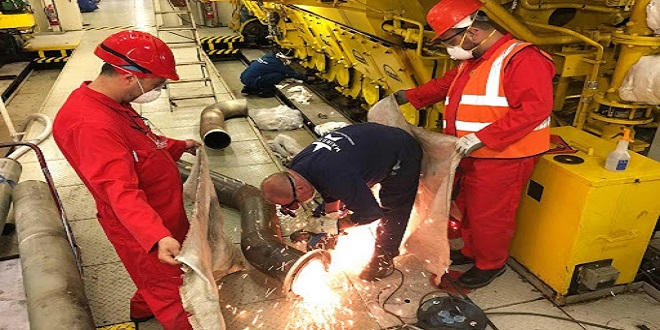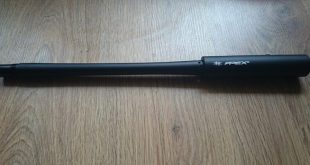Fire Watch is the process of having at least one person on-site during an extended period of time to monitor for fire, or other dangers. It is most often applied in industrial settings where there are high-hazard processes in operation. Firewatch programs are most frequently used in facilities that produce chemicals, petroleum products, natural gas, and most importantly, nuclear energy. They are also used to protect sensitive equipment that cannot be shut down or cooled off.
Here are some guidelines on how to be a successful Firewatch!
Firewatch Regulations & Procedures
Please note that not all fire watch regulations or procedures are universal. You should consult with your facility’s fire watch coordinator to find out what will work best for your situation.
- Firewatch is required if you have an unoccupied high-hazard process in operation for more than 18 hours.
- The person on fire watch must be trained in how to operate the emergency equipment and must know where the nearest exits are located.
- Firewatch may be required during emergencies, at any time there is a loss of power, or when hazardous conditions exist.
- There must be at least one person on-site during an extended period of time to monitor for fire or other dangers.
Duties of the fire watch
A fire watch will have a number of duties while they are on the job. These include making rounds to ensure that all areas are secure, checking for hazards, maintaining logs of activity, and also monitoring the environment for potentially dangerous items or conditions. The key duty of a fire watch is to know what to do in the event of an emergency. They must be thoroughly trained in how to react when something goes wrong.
1) Making rounds to ensure that all areas are secure
2) Checking for hazards
3) Maintaining logs of activity
4) Monitoring the environment for potential dangers
Be Prepared
Before your fire watch shift begins, it is important that you be prepared.You should always wear the appropriate safety equipment while on duty. This includes safety glasses and gloves- two items that are essential for any safety program. Safety glasses will protect you from flying objects or fumes and gloves help make sure you don’t get burned if your job involves handling hot materials. Another important tips and tricks to remember are to never enter a space without first checking the status of the space with a fire extinguisher. Is there smoke present? Are there any indications of a fire? Remember, if there’s any doubt about the status of the space, stay out!
 Naa Songs
Naa Songs





